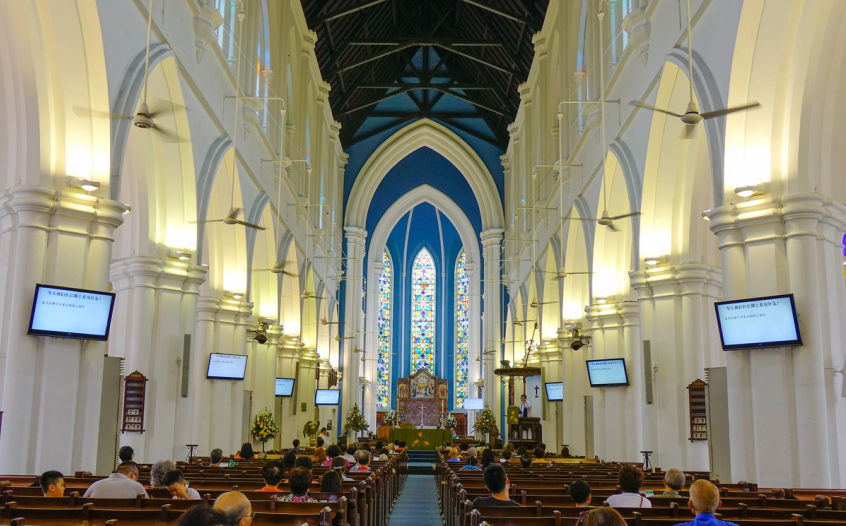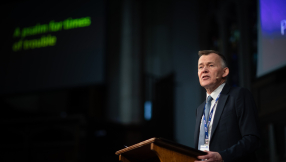
Acting as an international crossroads for trade and culture, Singapore is known for its unique nature as an island, city and nation all in one. Now, a new report from the Pew Research Center, a nonpartisan fact tank, has revealed its distinct approach to religion sets it apart from surrounding nations in yet another way.
The report takes an in-depth look at the role of religion in Southeast Asia, showing how, for many nations in the region, religious belief is inextricably linked to their sense of national identity. Surveying six countries, the 2022 survey found that in those nations with a majority, or state, religion, most of those surveyed felt that their faith was central to their sense of belonging.
For example, in Cambodia, Sri Lanka, and Thailand, where around 70% of adults are Buddhist, nine in ten Buddhists said being Buddhist was a major factor in truly being part of their nation. For many, their religious identity was another part of their cultural background, with almost all adults surveyed still identifying with the faith they were raised in.
In Singapore, however, which has no majority or state religion, people are far more likely to change their religion as adults, with this "religious switching" leading to a decline in Buddhism and other traditional Asian religions, and an increase in the number of those who identify as Christians or as religiously unaffiliated.
While a third of Singaporeans said they were raised as Buddhists, just over a quarter of the population still identified with the faith later on. In contrast, while only 11% of Singaporeans say they were raised Christian, Christianity now makes up almost a fifth of the nation's believers.
The report also revealed this trend is likely to continue into the future. With a third of Buddhist parents telling the survey that they were not raising their children in their faith, and just over a quarter raising them with no religious upbringing at all, the number of Singaporeans identifying with Buddhism may be set to decline even further.
In comparison, almost all of the Muslim (99%) and Christian (90%) parents in the survey told researchers that they planned on raising their children in line with their religious traditions, while 85% of those identifying with no religion at all planned on raising their children in the same way.













